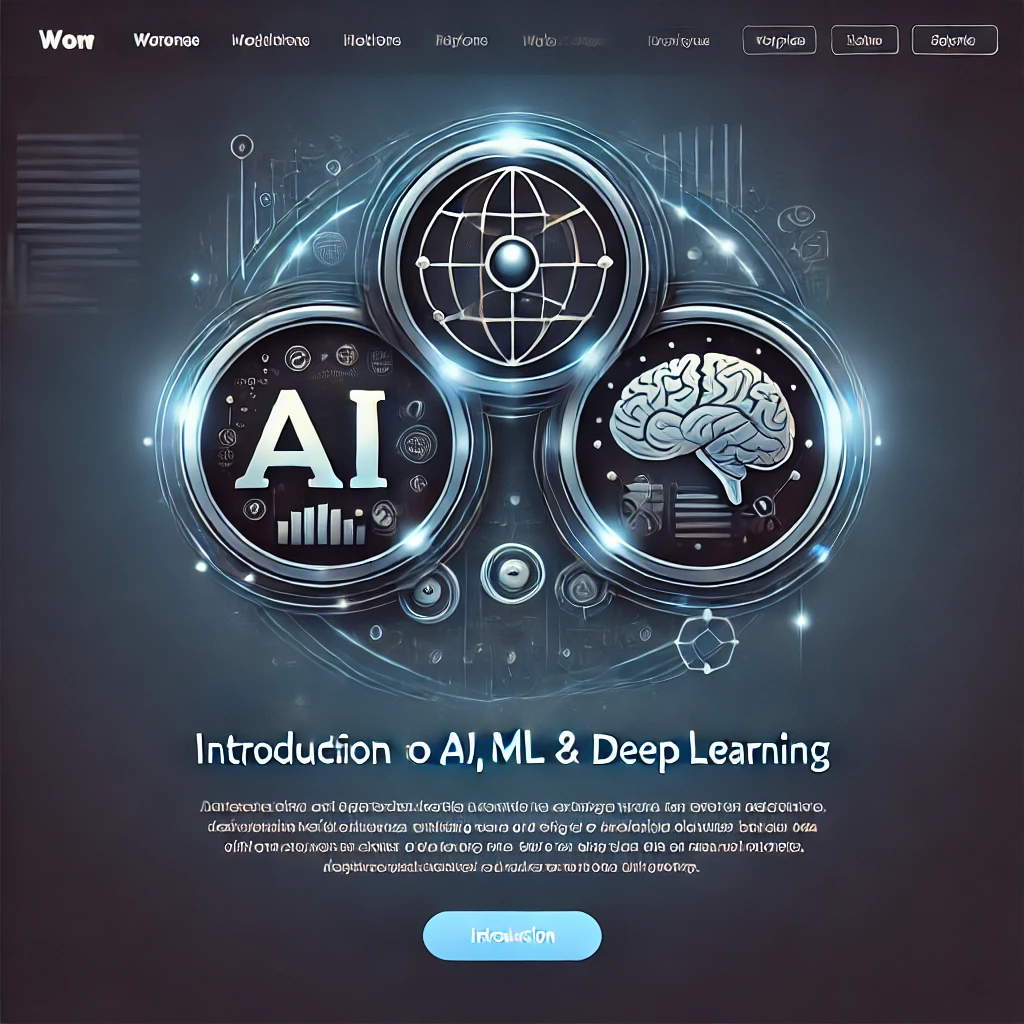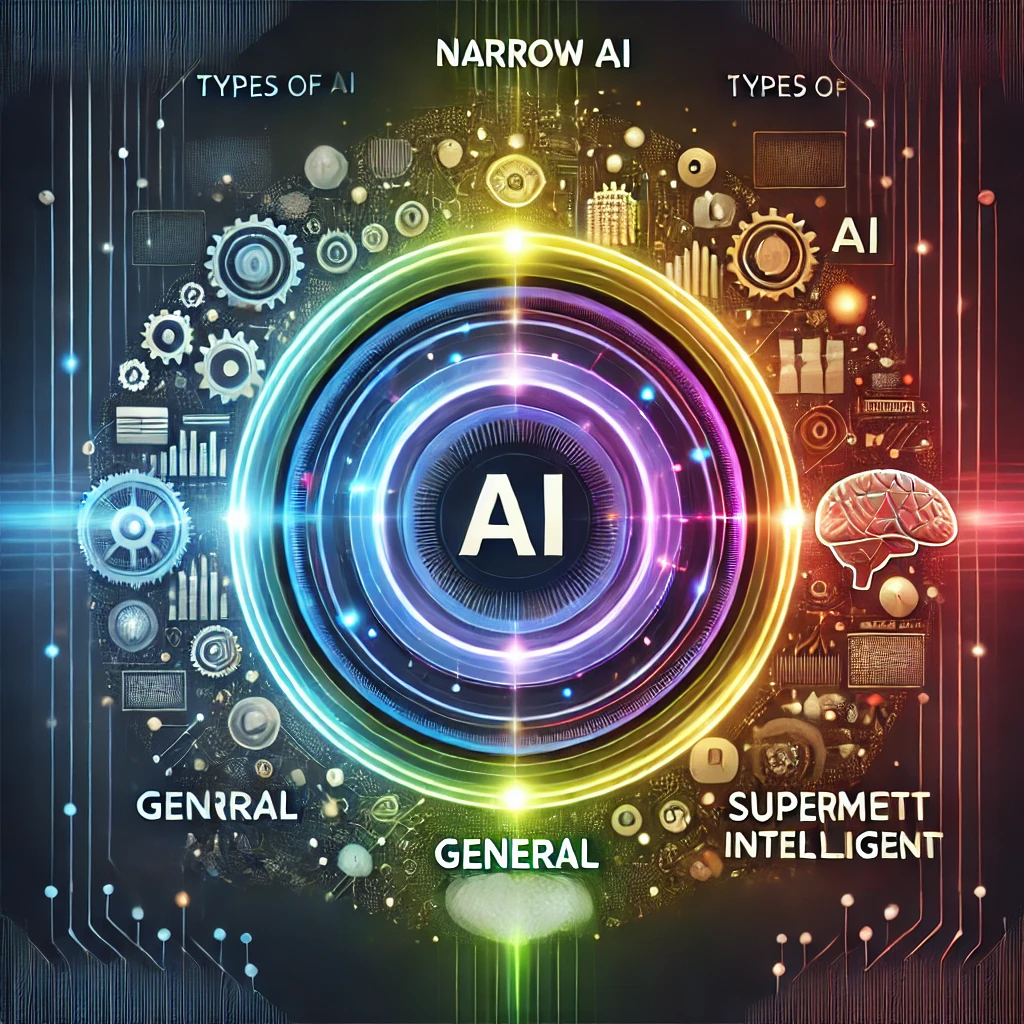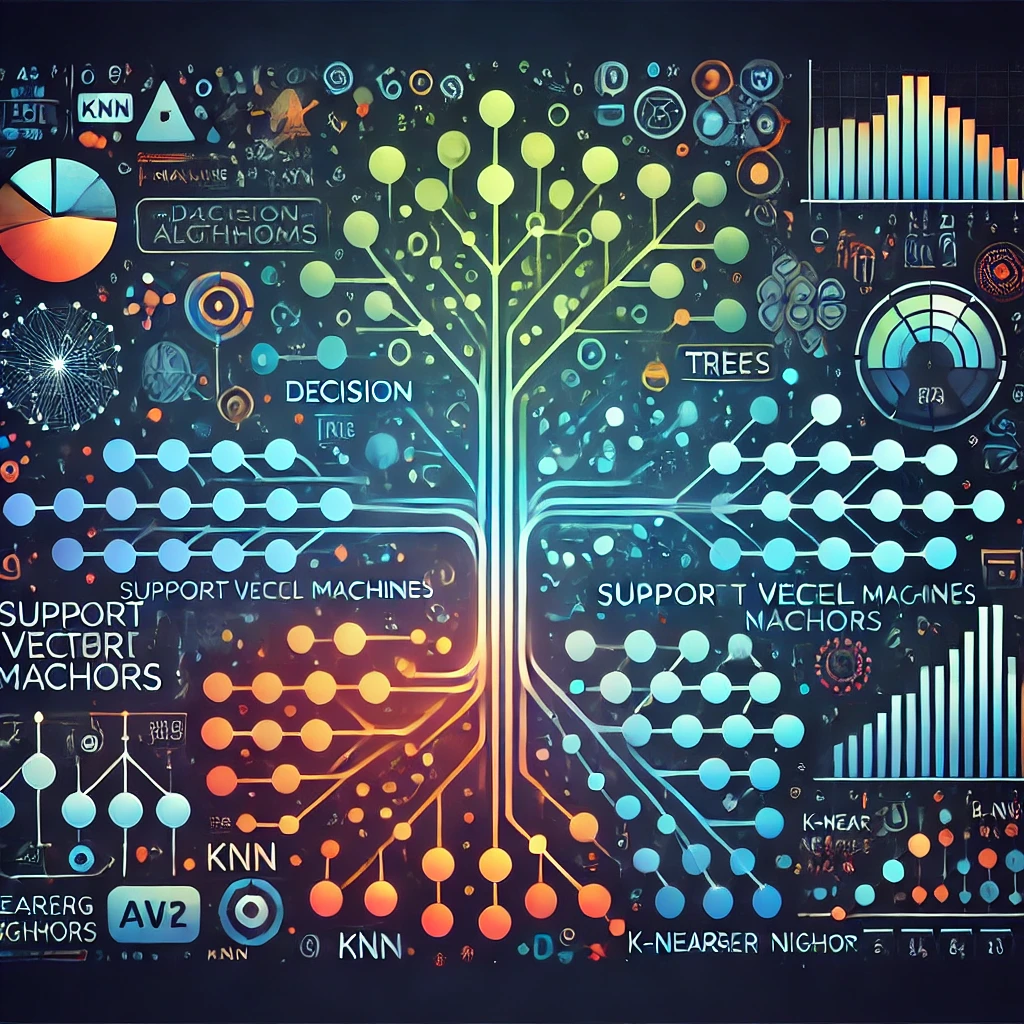AI-Powered Search Engines: Revolutionizing Search Functions
Across the digital landscape, search engines have traditionally relied on complex algorithms and keyword matching to retrieve and display information. However, with advancements in artificial intelligence (AI), search engines are evolving, allowing for smarter search functions and enhanced content tagging. This blog post delves into the workings of AI-powered search engines and their implications for users and content creators.
Understanding AI’s Role in Search Technology
Artificial intelligence, particularly machine learning and natural language processing (NLP), has transformed the way search engines operate. Here are some key areas where AI is making a difference:
- Semantic Search: AI enables search engines to understand the context and intent behind queries, rather than just the literal meaning of words.
- Personalization: AI algorithms analyze user behavior, preferences, and past interactions to tailor search results uniquely for each user.
- Real-time Learning: Continuous data intake and user feedback allow AI systems to evolve and adapt, improving their effectiveness in retrieving relevant information.
How AI Enhances Search Functions
The integration of AI into search engines adds several layers of functionality that improve user experience and content discoverability:
1. Enhanced User Intent Recognition
One of the most significant advantages of AI-driven search is its ability to discern user intent. Traditional keyword searches may return results based on exact matches, while AI can:
- Interpret queries that are vague or ambiguous.
- Understand synonyms, phonetics, and contextual relevance.
- Utilize previous interactions to refine results.
2. Advanced Natural Language Processing
NLP allows search engines to process and analyze large amounts of language data. Consequently, AI-powered search engines can:
- Extract key information from user queries.
- Provide summary responses or suggested answers directly in search results.
- Engage in conversational searches, enhancing how users interact with the search functions.
3. Image and Voice Search Capabilities
As search technology evolves, so do the methods in which users seek information. With AI, search engines can:
- Identify and analyze images, enabling users to search using pictures.
- Recognize speech and process voice commands, streamlining the search experience on mobile devices.
Content Tagging and AI
Another vital aspect of AI in search engines is its impact on content tagging. Proper tagging is crucial for organizations and marketers as it affects how content is discovered online. AI-powered systems facilitate smarter content tagging through:
1. Automatic Tag Generation
AI algorithms can analyze text, identifying key themes and concepts to generate relevant tags without human intervention. This reduces the time and effort needed for manual tagging and improves consistency.
2. Improved Metadata Management
Metadata plays a crucial role in content discoverability. AI can:
- Optimize metadata by suggesting relevant keywords and phrases based on current trends.
- Help maintain up-to-date information by continuously scanning and adjusting content metadata based on performance.
3. User-Centric Suggestions
AI can also analyze user interactions and feedback to suggest tagging improvements, ensuring content tags are aligned with user expectations and search trends.
Benefits for Businesses and Content Creators
The advantages of AI-powered search engines extend beyond the technical backend; they echo throughout the entire digital marketing ecosystem:
- Increased Visibility: Enhanced tagging and search functionalities improve content discoverability, leading to higher traffic and engagement.
- Better User Experience: Personalized search results cater to individual needs, fostering user loyalty and satisfaction.
- Data-Driven Insights: AI analytics provide actionable data about user behavior, allowing businesses to refine their strategies effectively.
The Future of Search Engines and AI
The trajectory of AI-powered search engines suggests a continual improvement in user experience and content accessibility. As AI technology matures, we can anticipate:
- Deeper integration of AI across all facets of search technology.
- Increased reliance on AI for managing vast amounts of unstructured data.
- Further enhancements in personalization, making the search experience even more intuitive.
Conclusion
AI-powered search engines are not just a trend; they represent a significant leap toward smarter, more efficient information retrieval. By leveraging AI for advanced search functions and content tagging, businesses can improve the user experience, enhance discoverability, and ultimately drive success in an increasingly competitive digital landscape. As we move forward, embracing these technologies will be key to staying ahead in the world of online content.




